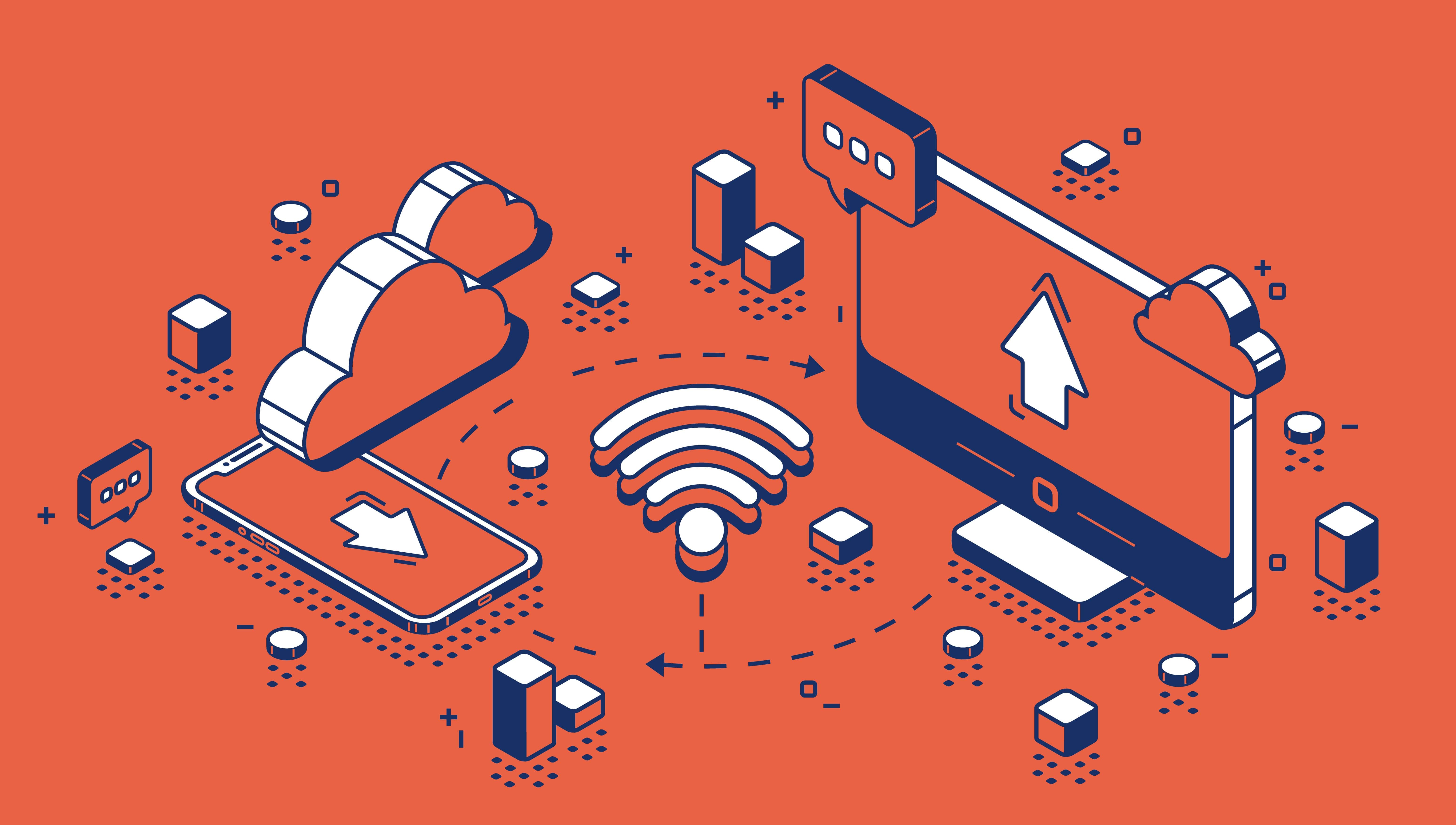
The use of cloud computing is growing very fast worldwide. This is what indicates a recent study by Gartner, the largest IT research firm. The study shows that 70% of organizations that use cloud services intend to further increase their investments in digital solutions by 2024. The survey shows also that the increasing consumption of platforms as a service (PaaS) has been driven by remote work mainly.
The adoption of cloud computing not only impacts the competitiveness of companies, but contributes also to curb global warming. International Data Corporation (IDC) foresees a decrease of 1 billion tons of CO2 by 2024, thanks to the optimization of IT infrastructures.
We tell you below what SaaS (Software as a Service) and PaaS (Platform as a Service) are, with a selection of key benefits of cloud computing for B2B procurement management.
What is SaaS?
SaaS is the acronym for Software as a Service, which uses the cloud to deliver services and allows access from any place and device connected to the Internet. The simplest example of SaaS is the e-mail service.
The SaaS model is a trend in the market already, mainly because it does without physical infrastructure, and hardware/software installations. For this reason, SaaS eliminates the costs of installing programs, along with maintenance and upgrading.
What is PaaS?
PaaS stands for Platform as a Service, also known as “cloud platform”. The PaaS model enables users to develop, test, deploy and manage business applications in a digital environment, without any concerns about IT infrastructure.
PaaS platform providers have the responsibility of managing security, operating systems, service software and backups. The use of SaaS boosts collaborative work, as it allows all employees to work on the same project.
See also the post “SAAS and PAAS: greater buy & sell control in the palm of your hand”.
1. Scalability
“Scalability” is a company’s ability to meet increasing demands, without losing quality level.
Using the cloud in B2B procurement management ensures more scalability, as resources can be easily adapted to such needs.
A scalable supply chain integrates people, processes and technology, which is vital to gain agility and competitiveness in an increasingly dynamic market.
2. Visibility
Higher visibility is significant when choosing a cloud solution, as data are updated in real time.
This factor has also a positive impact on information transparency, which favors compliance, collaboration of all parties involved in the supply chain and risk management when managing B2B procurement.
Additionally, having quick access to data and KPIs is crucial for more assertive decision-making and insights.
3. Automation
With the adoption of a cloud solution, such as Mercado Eletrônico’s e-Procurement –which is a P2P (Procure-to-Pay) tool – you can eliminate the costs generated by manual and decentralized processes.
Work automation will free the teams to work in a smart way, with short and long-term strategies – which will not only reduce unnecessary expenses, but also increase the competitive strength of businesses.
In this blog, we have a post on how e-Procurement automates procurement management.
4. Retorn On Investment (ROI)
In addition to a considerable increase in business productivity, cloud solutions help to avoid financial losses in B2B procurement.
In fact, when adopting a SaaS or PaaS tool, the speed and availability of services have a positive impact on the savings of organizations.
Another important factor for ROI, when using cloud solutions, is an increase in energy efficiency, considering that organizations don’t need to invest in complex IT infrastructures.
We have seen above some of the key benefits of cloud solutions to optimize the work of B2B procurement teams. But we know that there are many others.
Do you know any other? If yes, tell us in the comments field and participate in our blog.
And if you want to stay updated about the B2B procurement market, subscribe to our newsletter.


 Português do Brasil
Português do Brasil Español
Español Português
Português
